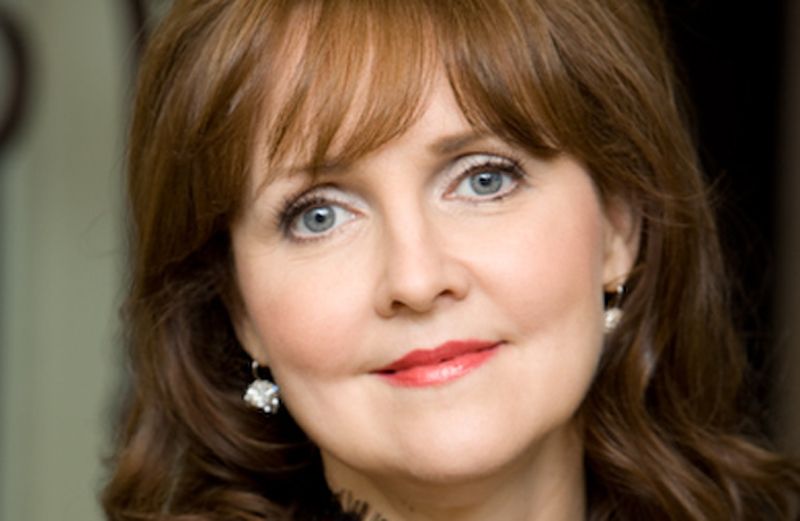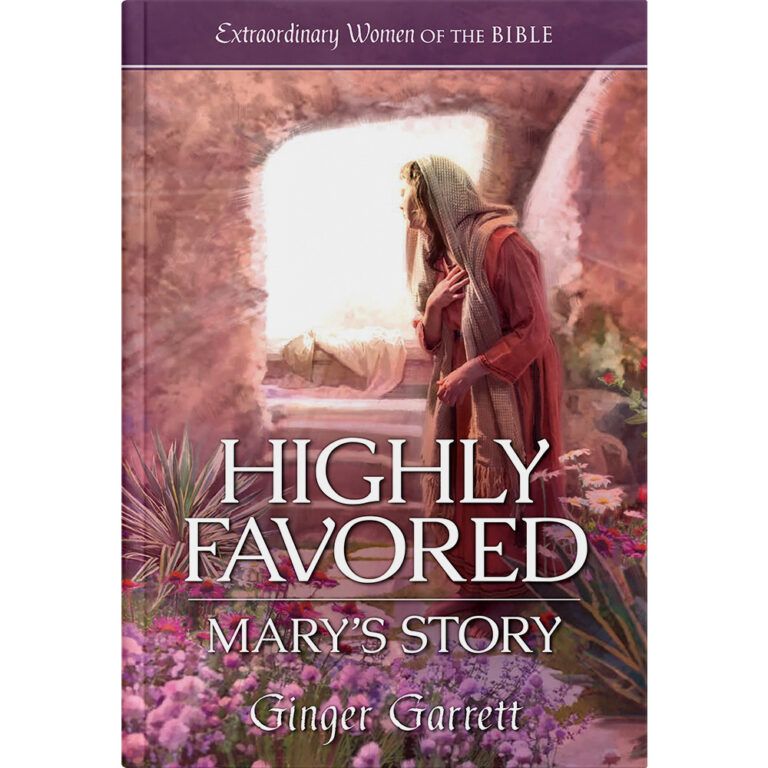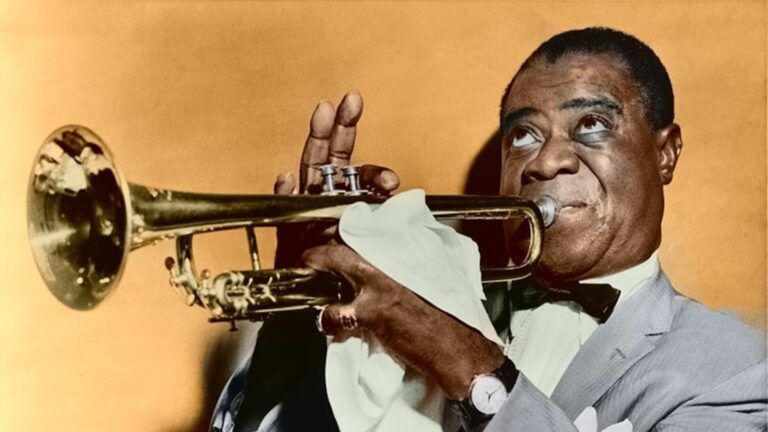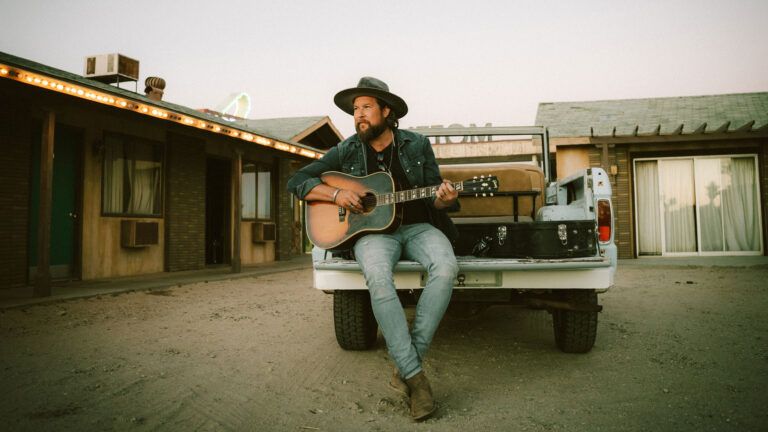| This is my story, this is my song Praising my Savior all the day long |
| “Blessed Assurance”; words by Fanny J. Crosby |
Like Ol’ Faithful, a bubbling, vibrant, life story, a testimony, builds in pressure. It becomes the source of a child’s artistry, the spiritual and emotional wellspring from which he will draw words, music, and style.
As Mrs. Silberg once told me, “Dear, singing is nothing more than speaking rhythmically on pitch.” The watcher who knows God sees His work everywhere and cannot help but sing His praise.
The Hebrew people mastered the craft of the story-song, dancing to the jingle of the tambourine and chanting the mighty deeds of Yahweh. King David’s music is the consummate representation of a story giving way to a song.
David was a warrior, a poet, and a harpist, highly skilled at setting the work of Yahweh to words and music. Because of Daddy, I have had a crush on David since childhood. Daddy had an unorthodox take on the legendary king…
“David had the perfect life…playin’ the harp and singing songs to his sheep, just before he wrestled a bear and practiced his shootin’… David’s songs wound up bein’ more powerful than his sling, ’cause Jesus sang ’em when he was hangin’ on the cross…I’ve always liked the fact that David didn’t draw any lines between manhood and music.”
Years after Daddy’s expository lesson on David, Mama told me about Daddy’s hidden musical longings, pounding her chest, as always, and saying, “I’ve carried a sob right here, that I wasn’t able to use my talents to the full. But your daddy was talented too.”
I understood. Daddy didn’t play an instrument, but when necessary, he would lead the singing in the small mountain churches he served. He could start a hymn in the correct key without the benefit of a piano or guitar.
The singings of his youth had implanted music in him. Isolated mountain folk used to gather around a pump organ played by his mother, while candles guttered on small shelves to the right and left of the piano, allowing the singers to read four-part harmony from Stamps-Baxter’s shaped-note hymnal.
“I don’t know if you know this or not,” Mama said, “but every now and then, your daddy used to say to me, ‘Sometimes, I think I’m just gonna bust if I don’t play an instrument.’” Her eyes saddened, and I felt her “sob right here” in my chest too.
I can only imagine what songs my father might have composed from the wonderful stories—both biblical and personal—housed within the wellspring of his heart. I thought of how Daddy dug through newspaper ads to find used, and sometimes abused, upright pianos for any needy young person who expressed a desire to play. That twelve dollars a month he paid for our gutsy, Acrosonic spinet was blood squeezed from the proverbial turnip; it was the sacrifice of a man who could only wish for an instrument of his own to play.
Daddy loved to point out to me the old house where, in his youth, a travelin’ fiddler played “Buttermilk Skies” at a country dance. He told me more than once the story of his childhood friend, Jesse Attaberry, who could really play the guitar and traveled to Nashville to break into the music scene. He brought a steady stream of guest performers to our little mountain church at Zafra: Ralph Trotto, the blind guitarist; the Rostvitt Sisters, who were mirror twins, one played her ukulele right-handed, the other played her ukulele left-handed; Jim and Jody Pearson, who played the washtub and yodeled, respectively; male quartets like The Gospel Lads; and family acts, like the George Melton Family Singers. Daddy’s Zafra concerts were a rollicking good time.
Mr. and Mrs. Elder, my teachers in first grade, added their line-up to Daddy’s roster. They had no funding for music, yet they didn’t let that stop them. Instead they marched us into the larger of the two rooms of our little rock schoolhouse and led us to sing. All eight grades raised their voices together, and the rafters rang, whether harmoniously or not. Mr. and Mrs. Elder surely didn’t know all the theories, but here’s what was happening to their pupils:
When we sing, melody, pitch, intervals, harmony, and rhythm combine to demand coordinated, simultaneous action from multiple parts of the brain. We also optimize retention of a text. This is especially true when a song is learned before that magical age of twelve. God has set up our brains so that the information learned by singing is stored in the deepest, most protected reserves of memory.
Even the ravages of disease and age cannot fully dismantle this reservoir. A victim of Alzheimer’s may not be able to tell you her name, but she can still sing, Jesus loves me this I know for the Bible tells me so.
American thinking has relegated the act of singing to the lucky ones who happen to be born with vocal talent or who manage to acquire a record deal and a savvy producer to fix the foibles. But the concept that singing should be practiced only by the talented, skilled, or professional singer is considered strange in many countries.
In his book Your Brain on Music, Daniel J. Levitin writes of his friend Jim, who, for his doctoral degree, did fieldwork in Lesotho, where the Sotho villagers asked him to sing with them. When Jim declined, saying he didn’t sing, they just stared. “‘What do you mean you don’t sing?! You talk!’… It was as odd to them,” Jim recalled, “as if I’d told them that I couldn’t walk or dance, even though I have both my legs.’”
We are not required to sing skillfully…but we are required to sing! Singing is free. Singing is easy. Singing is powerful. Singing is therapeutic. And biblically speaking, singing is not optional.
Read Robin’s stories, “Soothed by a Mysterious Stranger” and “The Blessing of Music.”
Listen as Robin shares how she was inspired by her grandmother, Annie Moses.






